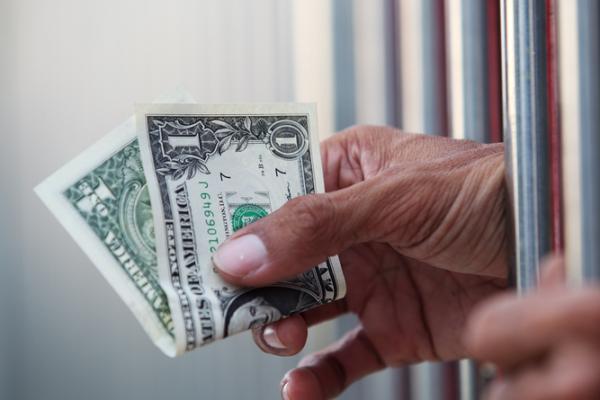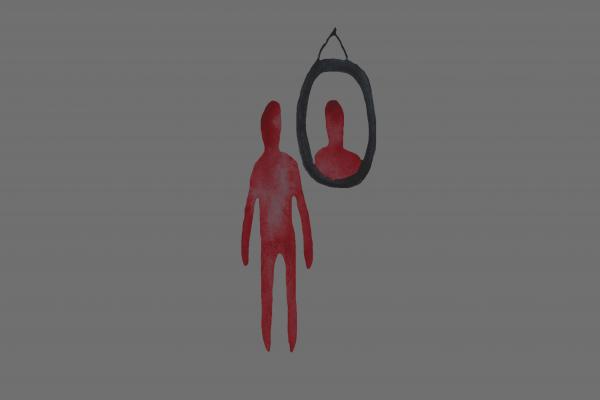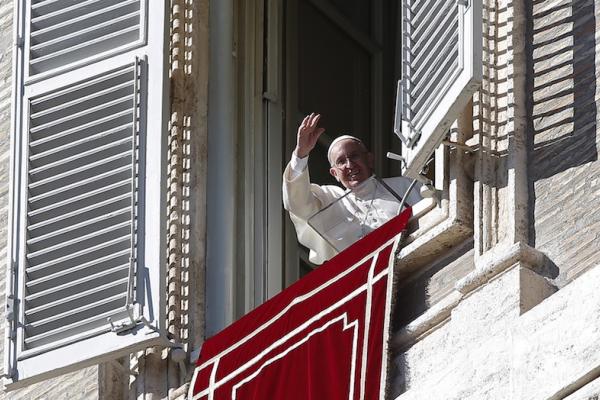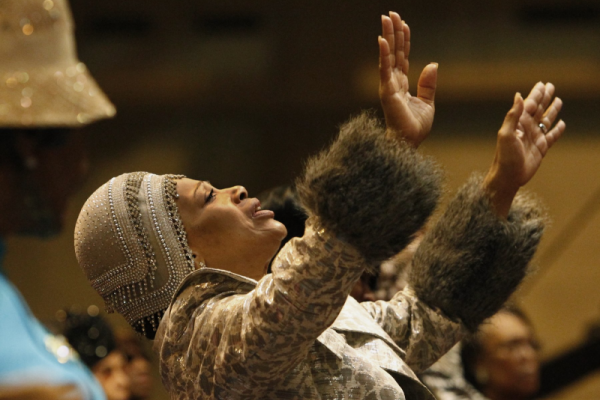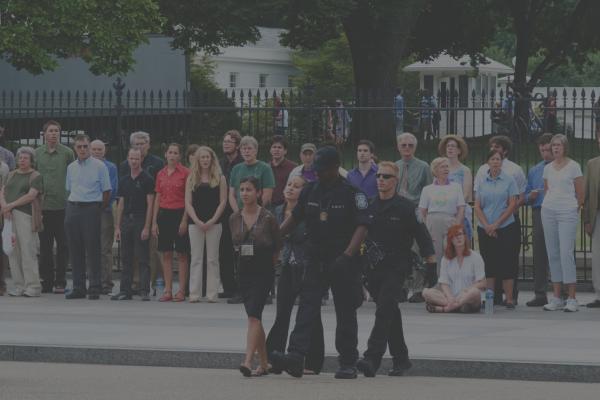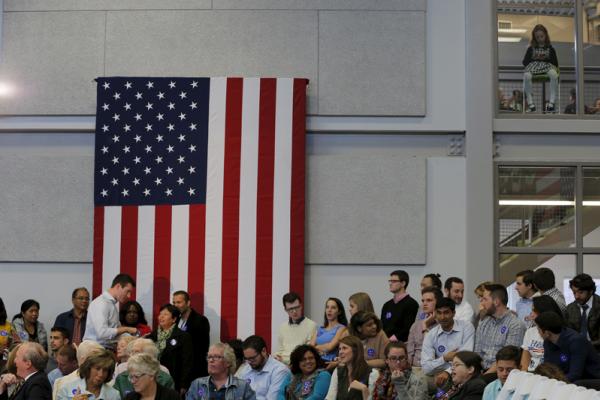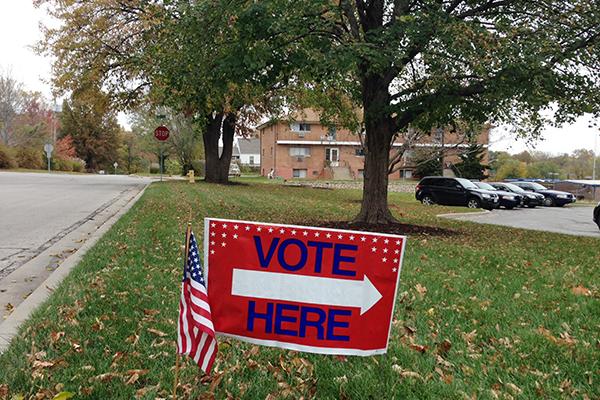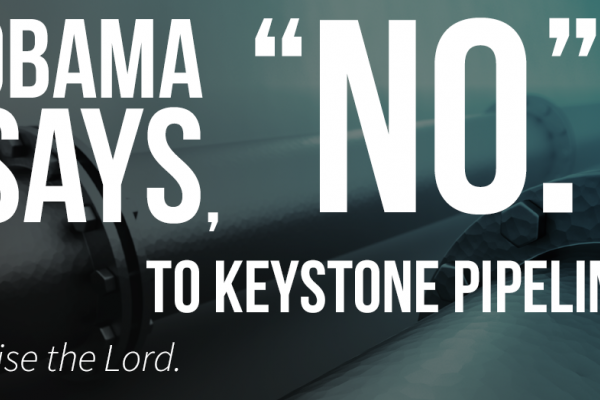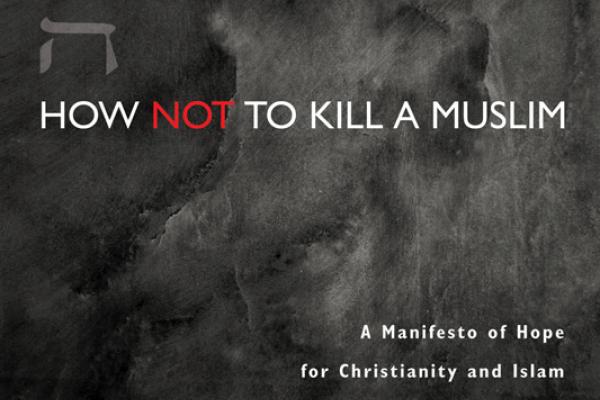The American Civil Liberties Union of Ohio released Nov. 9 the first comprehensive study of the practice of charging people in jail for their time there, also known as “pay-to-stay” policies, reports the BBC.
The study revealed that some inmates have debts of up to $35,000, although the BBC found evidence that one man in Marion, Ohio owes $50,000 in pay-to-stay debt.
Pay-to-stay is not limited to the state of Ohio, however. With the exceptions of Hawaii and the District of Columbia, every state in the U.S. has a law authorizing the practice.
“Christ agrees to die so that mankind will live,” wrote Girard in his book Things Hidden Since the Foundation of the World.
Many progressive Christians who do not know Girard’s work will bristle at that statement. Indeed, without reading his books, it could sound like a form of penal substitutionary atonement theory that claims Jesus allows humanity to live by saving us from the violent wrath of God.
But nothing could be further from the truth. The truth that Girard revealed throughout his career is that wrath doesn’t belong to God. It belongs solely to humans. In anthropological terms, what was revealed by the death of Jesus was the human scapegoat mechanism. Once you read Girard’s works, you realize how obvious it is that the violence at the cross had nothing to do with God, but everything to do with the human propensity to scapegoat.
If Girard taught us anything, it’s that humans have been projecting our own violence onto God since the foundation of the world. We justify our violence and hatred against our scapegoats in the name of God or peace or justice, or whatever we deem to be important to our well-being.
Pope Francis on Nov. 8 broke his silence over the leaking of confidential Vatican documents, which he described as a “deplorable act” that will not stand in the way of his ambitious reform agenda.
Speaking to followers in St. Peter’s Square, the pontiff criticized revelations made in two books published last week that explore Francis’ efforts to overhaul financial mismanagement within the Vatican walls.
“Stealing those documents was a crime. It’s a deplorable act that does not help,” the pope said, adding that the leaked information was based on a study he had personally requested.
“Historically, our church has done a wonderful job of preparing people for eternity, from a spiritual standpoint, but when our presiding bishop came into office he made the decision that we needed to focus even more on preparing people for living in this present world,” said Bishop Edwin Bass, in charge of the denomination’s urban initiatives program.
The initiative helps churches develop programs in five areas: access to quality education, economic development, crime prevention, strengthening families, and financial literacy.
“It’s a change from our normal business,” said Bass, a former marketing senior vice president for Blue Cross Blue Shield whose home congregation, the Empowered Church, is in Spanish Lake, Mo.
“The good news is a lot of our churches are on board.”
“For seven years, we have been praying for ‘no KXL.’ They said it would take a miracle and a miracle is what God provided.” Things are looking up for creation care...
2. More Than Half of Entire Species of Saigas Gone in Mysterious Die-Off
…But sadly, not everything. Climate change and stormy spring weather may have transformed harmless bacteria carried by these antelopes into lethal pathogens — strong enough to possibly cause species extinction within one year.
3. Humans of New York and the Cavalier Consumption of Others
“Once an arrangement of events, real or invented, organized with the intent of placing a dagger — artistic, intellectual, moral — between the ribs of a listener or reader, a story has lately become a glossier, less thrilling thing: a burst of pathos, a revelation without a veil to pull away.”
They said it was a fool’s errand.
They said there was too much money on the other side.
They said the politics were too difficult.
And yet here we are.
As my friend Bill McKibben wrote in 2011, our indigenous brothers and sisters in Canada had been fighting the Keystone XL pipeline for years. But before August 2011, virtually no one in the U.S. had even heard of it.
Then I read the pastoral letter from Alberta’s Bishop Luc Bouchard, The Integrity of Creation and the Athabasca Oil Sands, and I felt the Spirit calling me to action.
We put out a call to religious leaders to join the Tar Sands Blockade in Washington, D.C., in the summer of 2011. It was hot. It was humid. It was summer in D.C. But hundreds and hundreds of Protestant pastors, rabbis, Buddhist priests, Franciscans, Unitarians, and Christians of all stripes said they would come.
Political candidates are facing a new reality: Within the Democratic coalition, there are more religiously unaffiliated voters than belong to any single religious group.
This is a significant change in American politics, where nonbelief has long been a liability.
Survey data show that Americans with no religious affiliation are a growing share of both major political parties. But the trend is particularly strong within the Democratic coalition, where the unaffiliated now represent 28 percent of those voters, according to a new Pew Research study.
Hamtramck, Mich. residents have elected a Muslim majority to its city council, symbolizing the demographic changes that have transformed the city once known for being a Polish-Catholic enclave.
In Tuesday’s election — with six candidates running for three seats — the top three vote-getters were Muslim, while the bottom three were non-Muslim. Two of the Muslim candidates, Anam Miah and Abu Musa, are incumbent city councilmen, while newcomer Saad Almasmari, the top vote-getter, was also elected. Incumbent City Councilman Robert Zwolak came in fifth place.
Some believe the city is the first in the U.S. with a Muslim majority on its city council.
After seven long years of review, the White House plans to reject the request from a Canadian company to build the Keystone XL pipeline, according to The New York Times.
Envrionmental groups across the United States, including 350.org, have begun celebrating the news as a victory for climate activists. Sojourners has long spoke out against the construction of the Keystone pipeline and celebrates this news a win for all those advocating for the protection of creation.
When a half-dozen activists and community leaders sat down to address interfaith relations in the increasingly diverse heartland city of Nashville, Tenn., one paused before his turn to speak, took a breath and said:
“As a white, male, evangelical pastor on this panel, I guess I represent everything that is wrong.”
The speaker, Joshua Graves, the 36-year-old senior pastor of Otter Creek Church, an 1,800-member suburban megachurch, had a point. Evangelicals like him have had a rocky relationship with American Muslims.
But then again, he may also represent everything that could be right in Christian-Muslim understanding.
